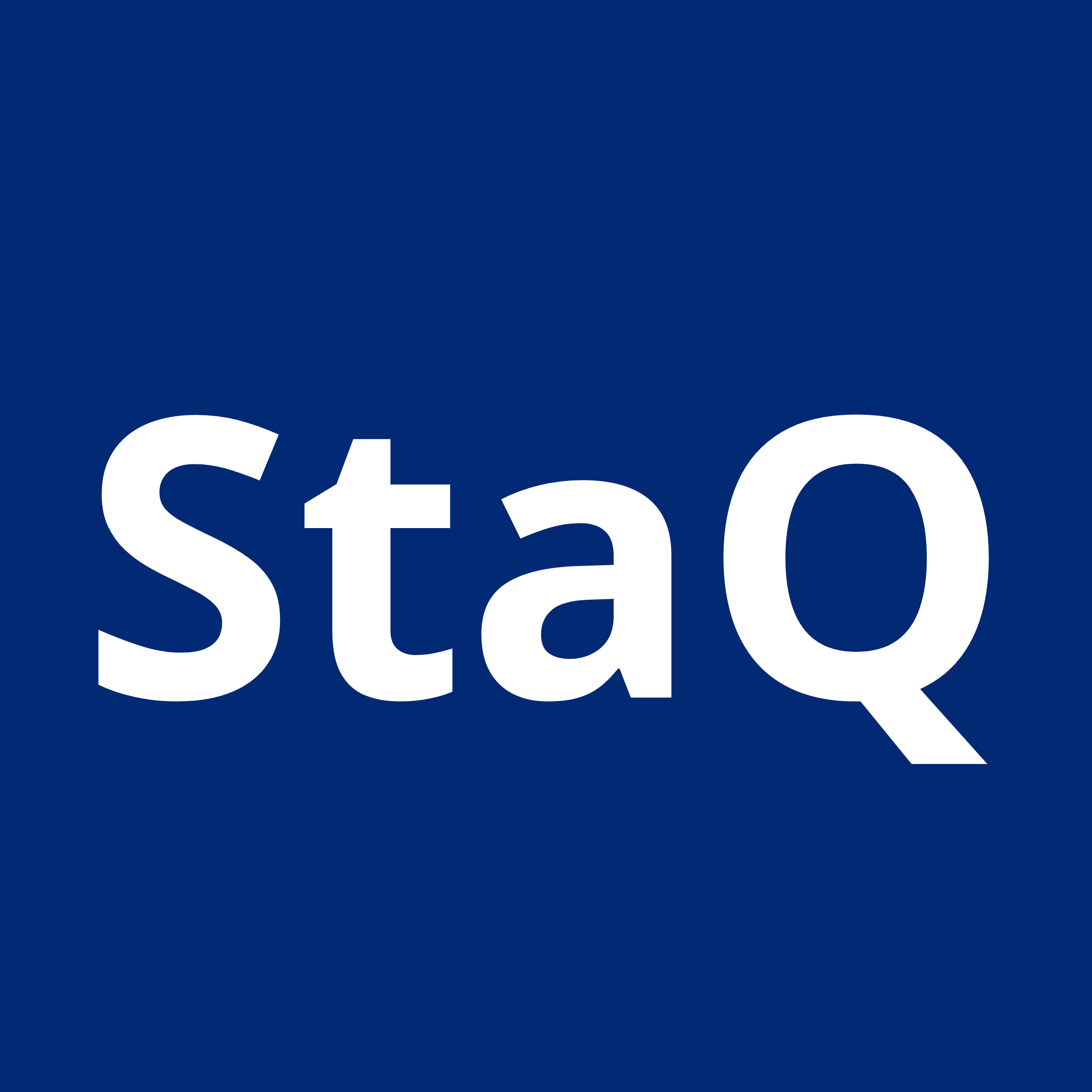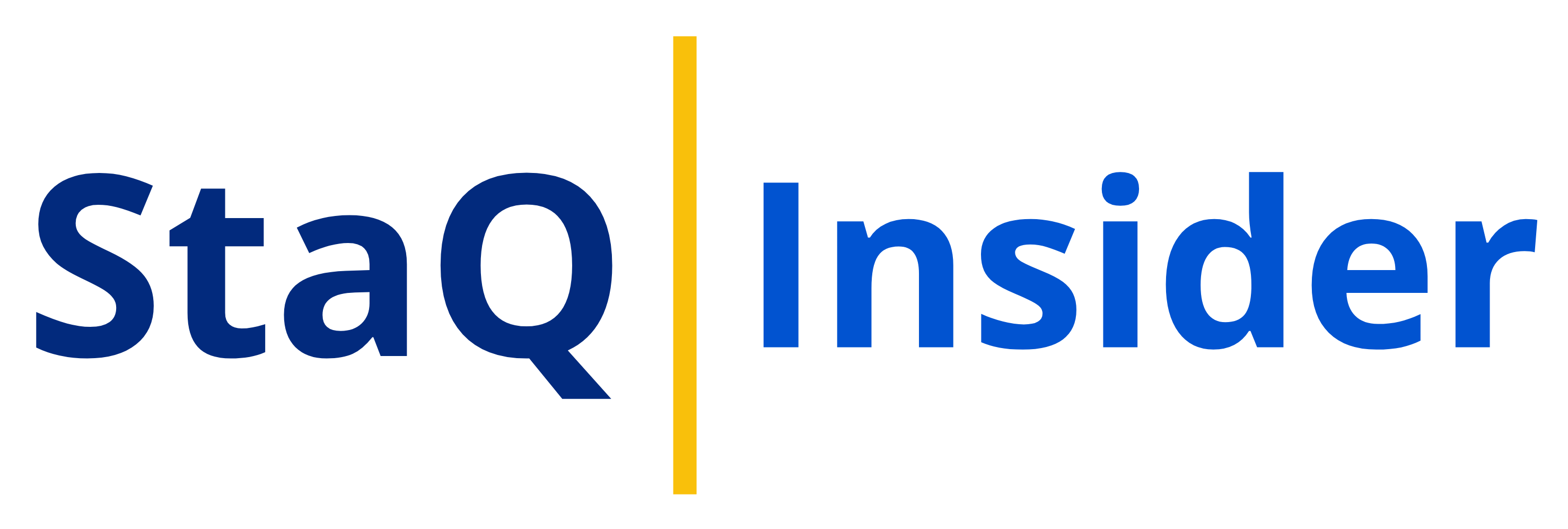In the cutthroat world of sales, every advantage counts. The difference between soaring success and dismal failure often hinges on the tools at your disposal. At the core of any modern sales operation lies customer relationship management (CRM software)—a powerful force that can either propel your team to unprecedented heights or shackle them with inefficiencies.
Choosing the right CRM software is a make-or-break decision that reverberates through every facet of your sales process, from lead nurturing to closing deals. With so much riding on this crucial selection, it’s imperative to understand how the CRM software you choose can shape your sales results, for better or worse.
Why do Salespeople Need a CRM Software?
In today’s fast-paced business environment, sales teams are under constant pressure to drive revenue growth, enhance customer relationships, and stay ahead of the competition. To achieve these goals, salespeople need powerful tools that can streamline their processes, provide valuable insights, and enable them to work more efficiently.
key reasons why salespeople benefit from using CRM software:
-
Centralized data storage:
CRM software provides a safe and central place to store customer contacts, sales opportunities, activities, and schedules. Your data won’t get lost.
-
Task prioritization and scheduling:
CRM tool makes it easy for salespeople to prepare weekly or monthly reports for management. The process is automated and transparent, just a few clicks away.
-
Automated reporting:
Instead of wasting time surfing through disorganized data, CRM software allows salespeople to segment data and identify valuable opportunities based on specific criteria.
-
Data segmentation and opportunity identification:
CRM software offers shared calendars, document templates, and email integration, keeping all team members united and up-to-date. Sharing selling patterns and processes helps everyone see what works best and improves communication between salespeople and management.
-
Team coordination and communication:
By tracking all customer communication, CRM software helps salespeople know exactly when to contact customers for product replacements, contract renewals, or upsells, increasing the chances of closing a sale.
-
Customer interaction tracking:
CRM platform streamlines the entire sales cycle, helping teams close deals faster and reach targets more efficiently. Automated order processing and quote preparation reduce costs and increase revenue.
-
Streamlined sales cycle:
CRM platform streamlines the entire sales cycle, helping teams close deals faster and reach targets more efficiently. Automated order processing and quote preparation reduce costs and increase revenue.
-
Customer need anticipation:
With all customer-related data stored in CRM, salespeople can analyze and anticipate customer needs at the right time. This increases customer satisfaction, loyalty, and profit margins.
-
Reduced administrative tasks:
CRM reduces repetitive administrative tasks for salespeople by storing product and price details, triggering reminders, and guiding them through the sales pipeline step-by-step.
-
Cost savings:
Although CRM software is not cheap, they help save money by reducing costly mistakes in orders or quotes and eliminating the need for cluttering Post-it notes.
-
Improved team collaboration:
CRM software enhances collaboration among sales team members by providing a centralized platform for sharing information, tracking progress, and coordinating efforts, fostering unity and enabling more effective teamwork.
-
Customer insights gathering:
CRM platform allows salespeople to gather valuable insights about customers‘ preferences, behaviors, and purchase history. This enables them to tailor their sales pitches and communication to each customer’s specific needs and interests.
CRM software plays a crucial role in enhancing business revenue and growth. Here are some key statistics that every salesperson should be aware of:
-
Over 9 out of 10 businesses believe CRM software plays an important role in helping them achieve their revenue goals.
-
Sales teams that are effective are 81% more likely to consistently use a CRM platform compared to ineffective sales teams.
-
About two-thirds of companies start using a CRM within their first 5 years of being in business.
-
Around 3 out of 4 businesses say CRM software gives them better access to customer data.
-
47% of businesses say CRM software has a big positive impact on retaining customers.
-
Report accuracy can increase by up to 42% when businesses use CRM software.
-
The accuracy of sales forecasting can increase by up to 42% when businesses use CRM technology.
-
CRM can increase rates of converting leads/prospects into customers by up to 300%.
-
Revenue can increase by up to 245% when businesses use a CRM platform.
-
The costs of acquiring leads can be reduced by up to 23% when businesses use a CRM platform.
-
For every $1 spent on CRM, the average return on investment is $8.71.
These statistics highlight that a well-chosen and properly implemented CRM system can be a game-changer for sales teams.
Want to replicate these remarkable CRM stats for your own business?
STAQ.ai provides an intelligent platform that guides businesses select the ideal CRM solution for their specific needs. STAQ.ai will walk you through the evaluation process, helping you navigate the complexities and nuances of various CRM platforms.




